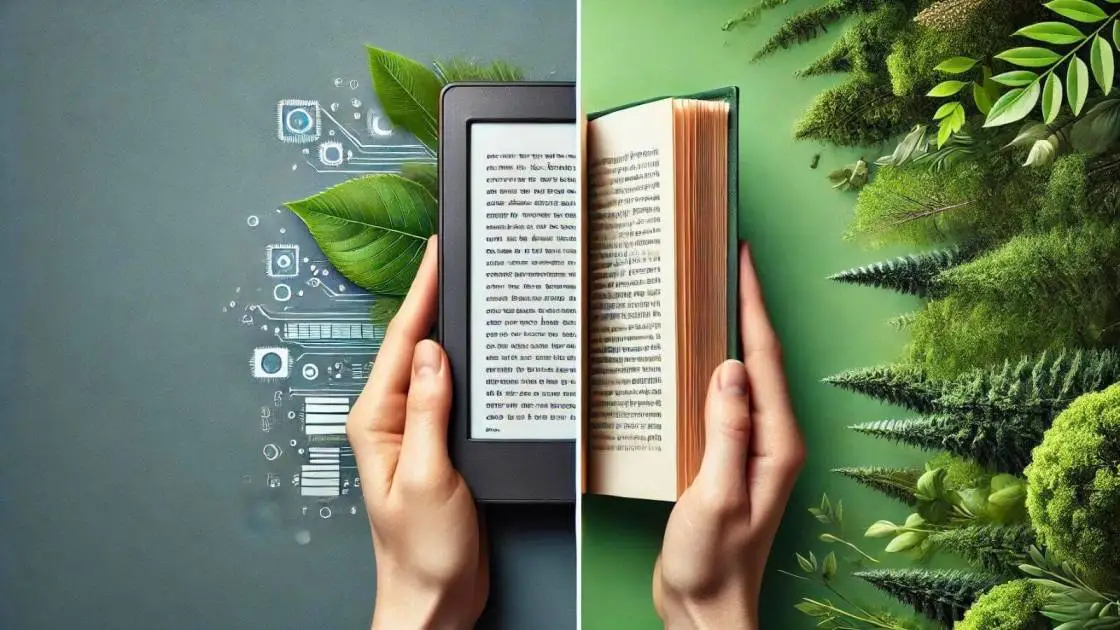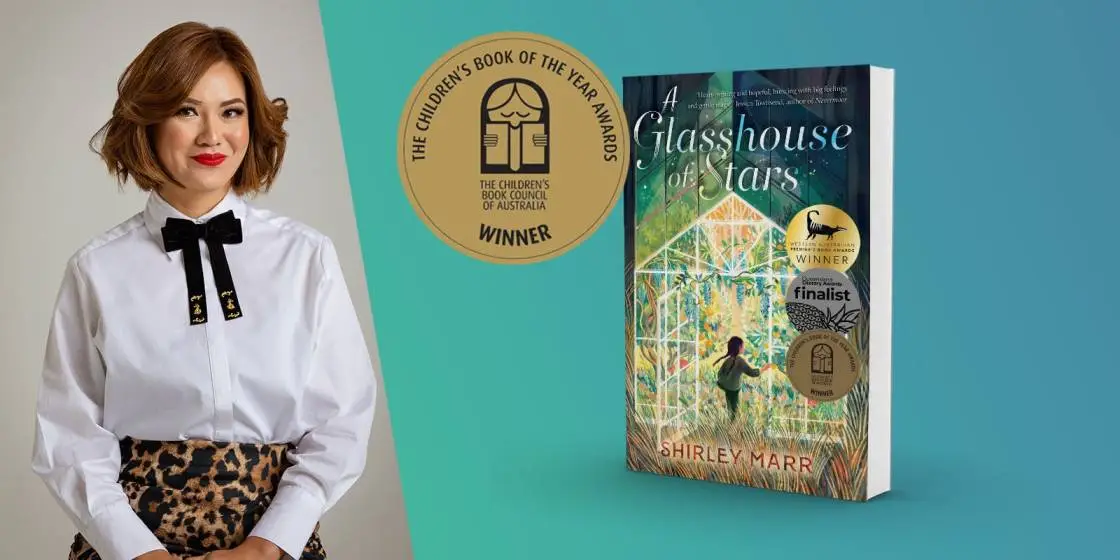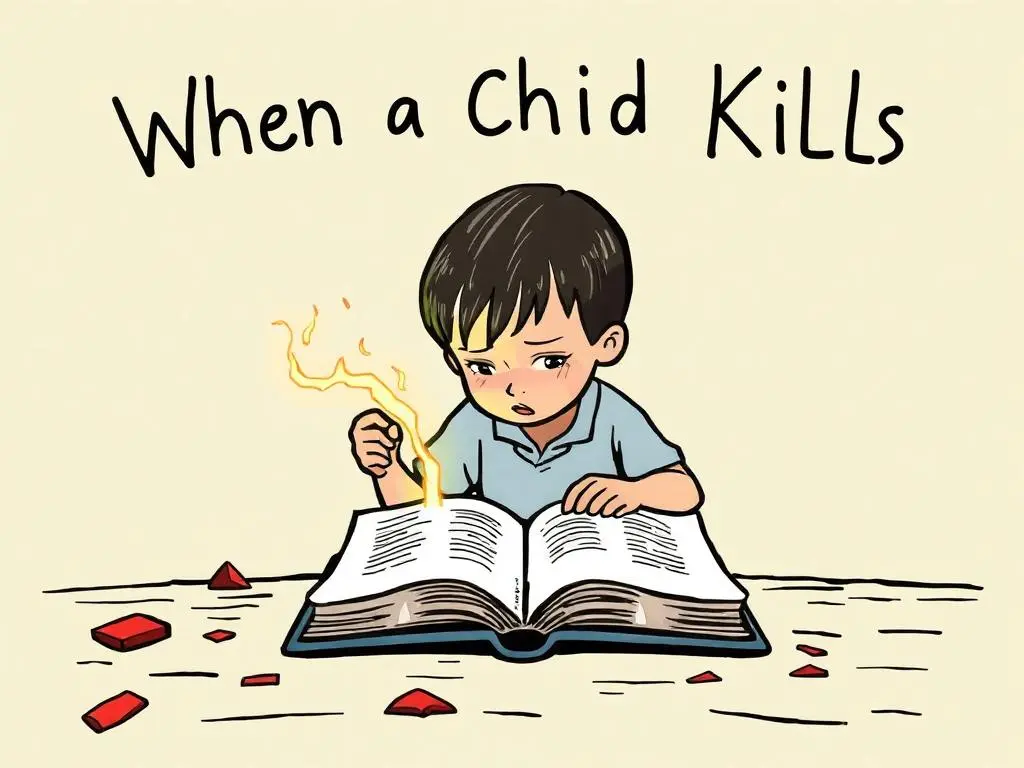Charles Yu Loves Reading With His Children. Dont Tell Them.

“If they ever realized how happy it makes me,” says Yu, whose new novel is “Interior Chinatown,” “they might start feeling like they’re being duped.”
What books are on your nightstand?
“The Nickel Boys,” by Colson Whitehead; “The Topeka School,” by Ben Lerner; “How to Do Nothing,” by Jenny Odell; and “Nothing to See Here,” by Kevin Wilson (which I already finished, but keep going back to for individual sentences that crack me up).
What’s the last great book you read?
“Watchmen.” And I’m almost done with Season 1 of the HBO show. It’s totally blowing my mind.
Describe your ideal reading experience (when, where, what, how).
Midday, kids at school, wife out running errands. Sandwich, chips, bottle of cold beer or a can of La Croix, ideally peach-pear. Crack open a new book (novel, story collection, nonfiction), or a long magazine article. If it’s fiction, and someone I haven’t read, a voice that excites me and scares me and makes me feel admiration and awe and envy all at the same time. Jumbles up the world or language or makes me see everything in a new way. For nonfiction, that chewy goodness of learning about something I know nothing about. Or finding out I know nothing about something I thought I knew about. Being introduced to concepts or frameworks or blind spots. Being shown how to see reality through a different lens. Going down that rabbit hole, pulse racing (it happens!) and then I look up at the clock realizing school is almost out, the house will be full again soon, hoping time will just stop for a minute or an hour, so I can get in a few more pages.
All of your books have played with genre expectations even as they explore genre itself as a theme. Are there any genres that you especially enjoy reading, and any you avoid?
I love books that are unclassifiable in terms of genre. I love stories that have stories in them. I love books that are existential, asking who am I? How did I get here? That can happen anywhere: a suburban home, an alien planet, a dusty border town.
Also, I don’t know if it’s a genre in the sense of being a section at the bookstore, but I am drawn to books and stories in which you get to enter a world that would otherwise be closed to outsiders. An ethnic enclave, say, or hedge funders living in Greenwich, or the population of Cell Block E,/ or physicists in Los Alamos.
What do you read when you’re working on a book? And what kind of reading do you avoid while writing?
For this latest book, I did research for the first time. A couple of books that really helped (which are epigrammed in the novel) were “American Chinatown: A People’s History of Five Neighborhoods,” by Bonnie Tsui, as well as “San Francisco Chinatown,” by Philip Choy. Both of those were valuable resources to me in constructing the Chinatown of my story. I also reread Erving Goffman’s “The Presentation of Self in Everyday Life,” in which, as the title suggests, Goffman lays out a framework of self as a kind of performance.
I find it harder to read fiction when I’m working on a book, especially if it’s close at all in sensibility or subject matter or otherwise feels overlap-py or adjacent to what I’m writing about. But this only applies to when I’m really, actively, truly working on a book — if I’m stuck or between bursts of productivity or editing, then I can read fiction just fine.
Often when I’m working on something, I’ll want to read something totally different than what I am thinking about, to give my brain a break (and/or give my subconscious a chance to keep cranking). It also gives me an excuse to go book shopping and buy something that I otherwise wouldn’t allow myself. Some big new hardcover about corporate malfeasance. I love a good business failure book. Maybe because I worked as a corporate lawyer or in corporations for half my career.
Do you count any books as guilty pleasures?
Audiobooks. Hardcovers are still my favorite, then trade paperbacks. E-books have their advantages, of course (on a plane, at night in bed, early in the morning when turning pages would wake up my wife), but there are just some books that are destined for my monthly Audible credit. Usually nonfiction, the kind of dense, 600-page Big Idea book. Not sure why I feel guilty — maybe because as someone who is more of a visual learner than an auditory one, I usually retain a little less from a book I listened to.
Has a book ever brought you closer to another person, or come between you?
This year my kids and I read “Animal Farm” and “The Old Man and the Sea” together. We take turns reading to one another out loud, for as long as they stay engaged — I don’t want it to become a chore. I’ll keep an eye on their energy level, inflection, body language. There’s a point where the attention drops off and when I notice it, we call it a night. Usually that’s about half an hour, maybe 40 minutes. But there was one time, near the end of “Animal Farm,” when it was my turn to read and we had already been going for a while, and I said we would continue next time and they acted like I’d turned off a movie at their favorite part. They howled and protested and begged to keep going. So we did.
In general, it produces a lot of wonderful things: They learn new words, new ideas (and old ideas), and we get into some wide-ranging conversations. We don’t do it every night — part of not wanting it to feel like an obligation — but when we have a good read together, it’s great. I try not to smile too hard — if they ever realized how happy it makes me, they might start feeling like they’re being duped.
What’s the most interesting thing you learned from a book recently?
In the fall, my wife and I went to a PEN America event in Los Angeles and someone at our table recommended a book by Lisa Damour called “Untangled: Guiding Teenage Girls Through the Seven Transitions Into Adulthood.” I found it really helpful, but I especially loved a definition of emotional intelligence cited in the book: seeing yourself from the outside, and seeing others from the inside.
Which books got you hooked on speculative fiction? Are there any science fiction books you would elevate to the canon?
“The Intuitionist,” by Colson Whitehead. “Slaughterhouse-Five,” by Kurt Vonnegut. Read those in college or shortly after. Those are probably already in the canon. My canon, anyway. I recently reread “Neuromancer” and some other William Gibson for an essay. Without a doubt, he’s already in the pantheon for science fiction/speculative fiction, but as weird as it might sound, I think he’s still underrated.
How do you organize your books?
Vertically, in a column next to my bed. When it gets too high, I start a new column. It’s not much of a system (and highly susceptible to gravity, my foot or my dog), but the only one I am organized enough to stick to.
What kind of reader were you as a child? Which childhood books and authors stick with you most?
Voracious. I carried around a little blue canvas book bag stuffed with those Little Golden editions. Even then, I had a to-read list (that I never got through).
How have your reading tastes changed over time?
I used to go to books looking mostly to be exposed to new ideas. Big ideas, or weird ones, or hidden ones. Hoping to find some new tool or new thing to dig into, get obsessed with. As I’ve gotten older, I’ve learned to appreciate story more (in others’ work and my own), through reading or rereading classics with my kids, and also appreciating how universal and primal the appeal of a “merely” good story really is. And how hard it is to write one. I read more widely now, looking for voice, looking for anything that strings along sentence to sentence and walks me into the woods.
You’re organizing a literary dinner party. Which three writers, dead or alive, do you invite?
Zadie Smith, Damon Lindelof and Margaret Atwood. Then I would hide in the kitchen, because can you imagine?
What do you plan to read next?
I have to finish what’s on my nightstand! And I can’t wait to read “Uncanny Valley,” by Anna Wiener. I love books about work in general, and although it seems to me like there have been a fair number of Silicon Valley memoirs in recent years, this one is calling to me.




